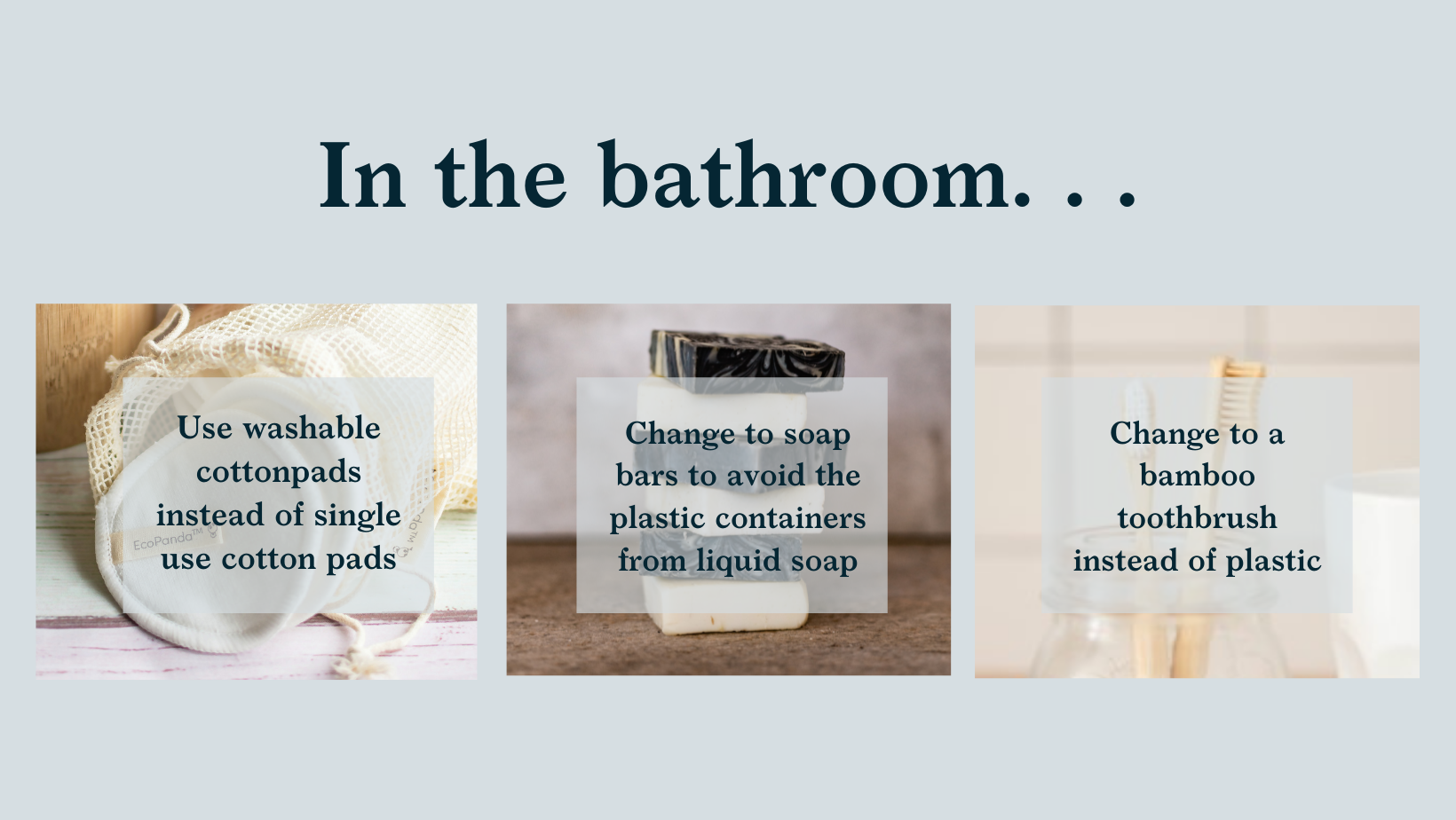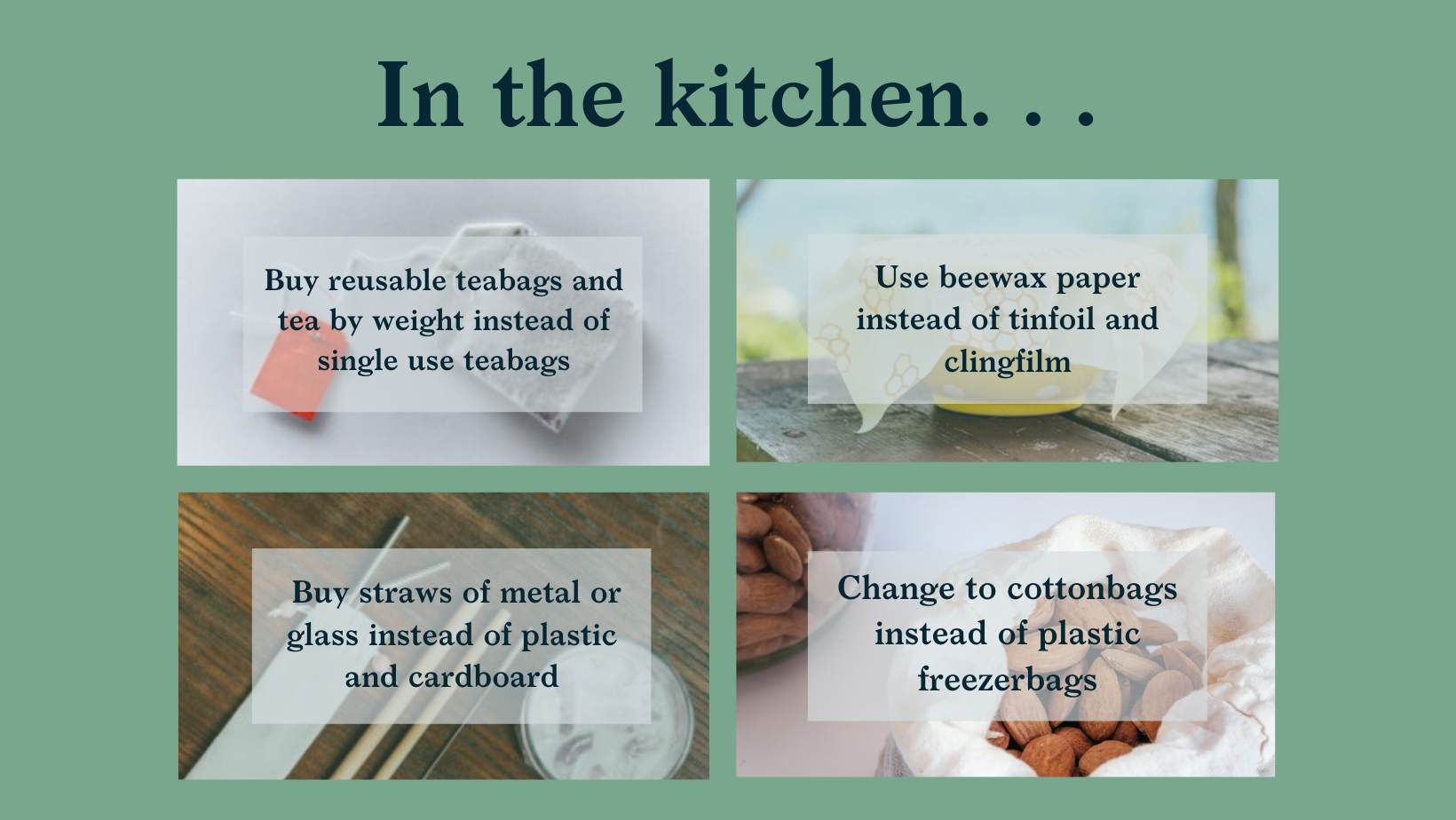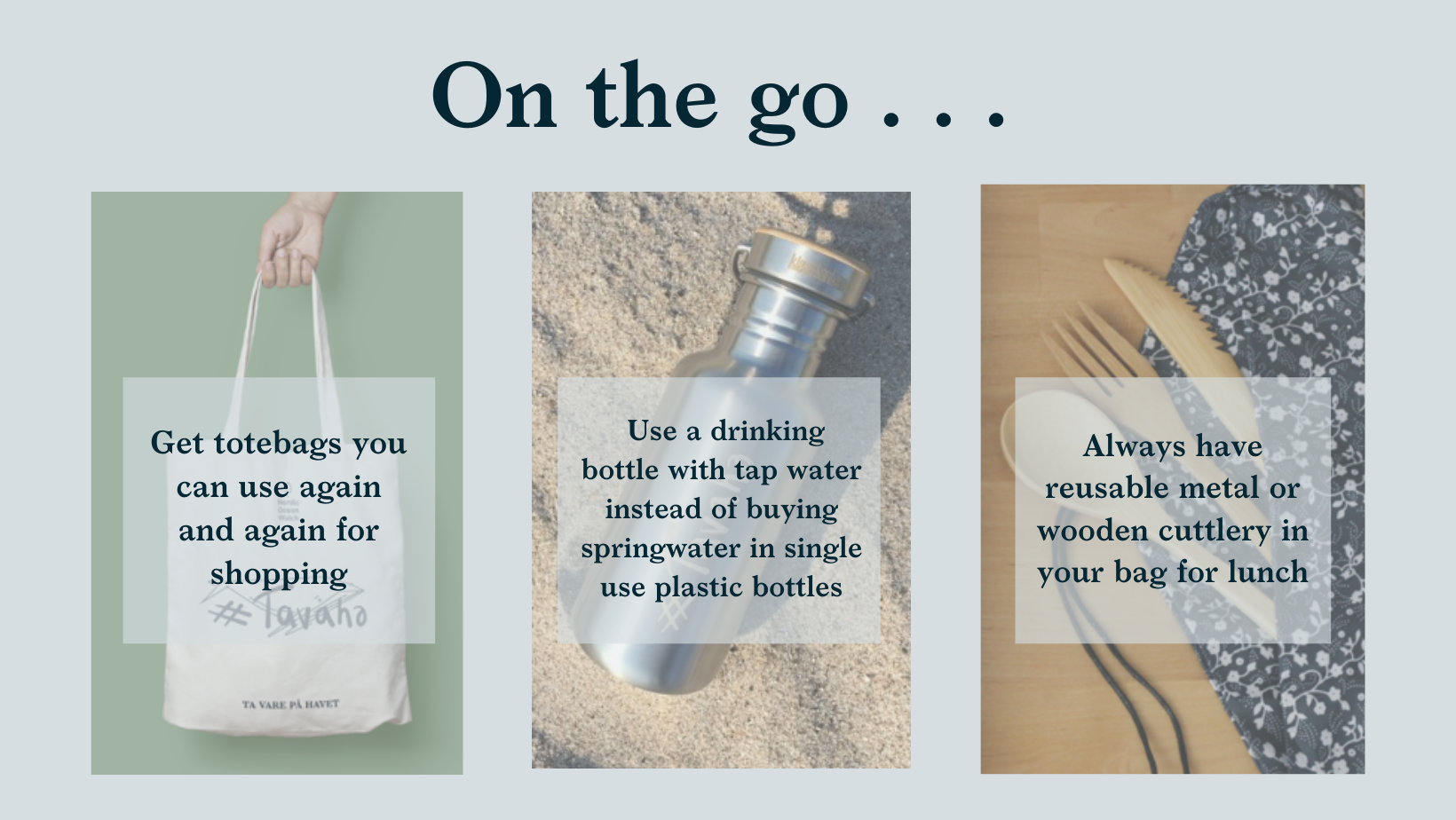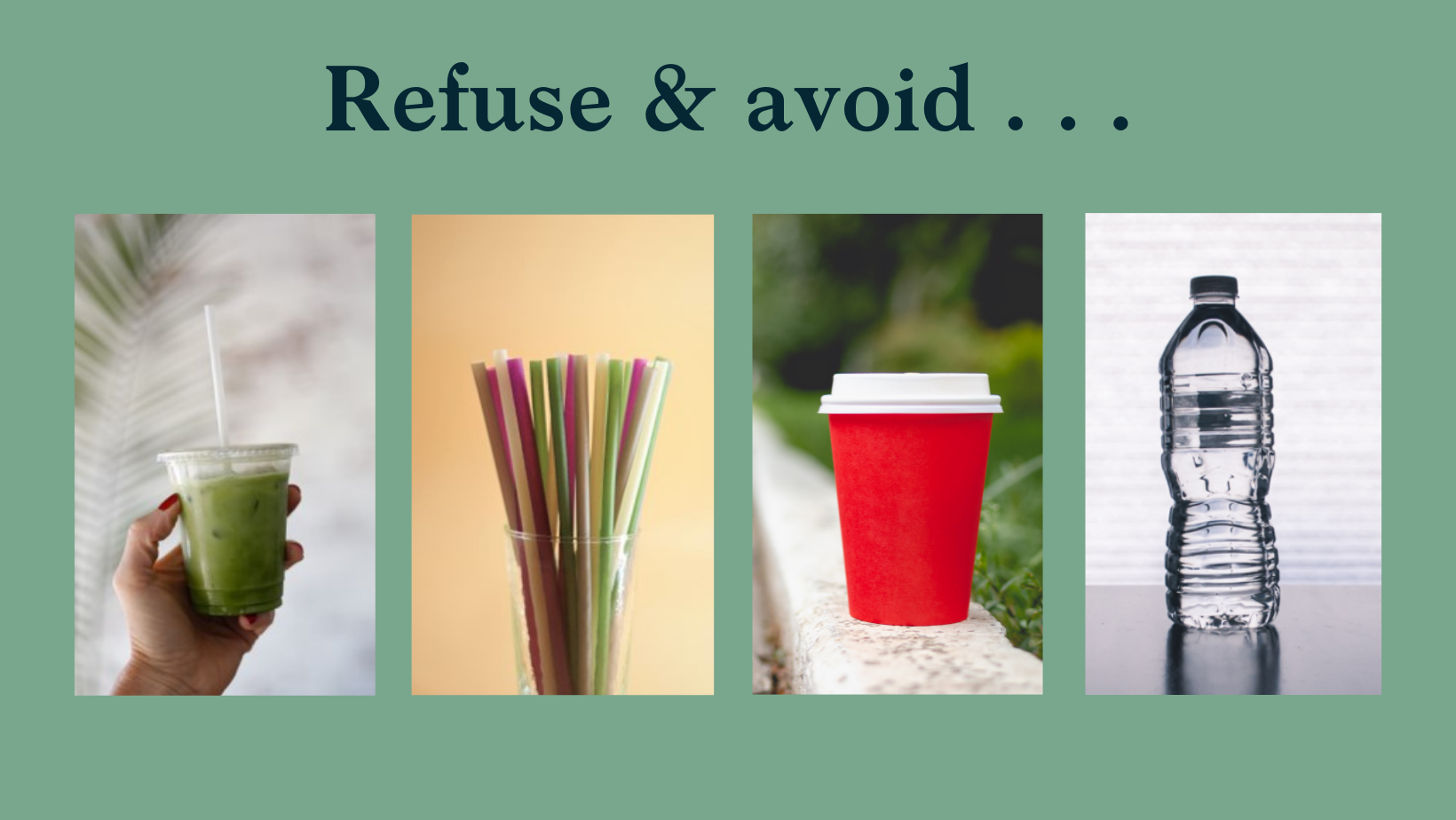- English below
De fleste borgere i den vestlige verden er efterhånden godt klar over de konsekvenser plastikforurening kan have for Jordens økosystemer: Plastik i maverne på havdyr kan medføre, at dyrene dør af sult; hvaler og delfiner der bliver viklet ind i gamle kasserede fiskenet risikerer at blive kvalt, fordi de ikke kan komme op til overfladen efter luft. Og det er ikke kun beboerne i havet, der er påvirket af plastikforurening, mange landdyr mærker også konsekvenserne heraf.
Efterhånden er der meget få steder tilbage på jorden, hvor plastik ikke er til stede. For at understrege dette skræmmende faktum, kan det blandt andet nævnes, at man i 2019 fandt en plastikpose på bunden af Marianergraven - Jordens dybeste hav (11km dybt).
Videre opdagede forskere i 2020, at der tilsyneladende er mikroplastik i luften. Mikroplastik båret med luften, kan nå jorden igen via nedbør, eksempelvis i fjerne egne, hvor det kan skade økosystemerne der.
En af vores kerneaktiviteter i NOW er cleanups; altså at fjerne affald, heriblandt plastik, fra strande og kystlinjer, for som vi nævnte i et tidligere blogindlæg, så kan det affald vi fjerner fra havet ikke længere gøre skade der.
Cleanups er en reaktiv måde at angribe udfordringerne med affald i havet på, og særligt den stigende globale mængde af plastikaffald. NOW er dog af den klare overbevisning, at hvis vi som samfund skal være succesfulde med at løse ”plastikproblemet”, så er det yderst nødvendigt, at vi ikke kun er reaktive, men i langt højere grad også er proaktive.
Ca. 80% af det plastik, der er med til at forurene vores verdenshave, kommer fra land. Noget tabes fra erhvervsskibe, andet bliver ført fra fastlandet via vind, nedbør og floder, ud til havet. De proaktive løsninger skal altså ske på landjorden, inden plastikken finder vej til havet.
Faktisk er vi i NOW ikke imod plastik - Plastik er et ualmindeligt stærkt og bredt anvendeligt materiale - Problemet er måden hvorpå vi anvender plastik; dén skal vi have ændret! For hvis vi lige stopper op engang og bruger vores sunde fornuft, så er det jo ret tosset, at vi som samfund ubevidst har accepteret, som den mest naturlige ting i verden, at et af de mest sejlivede materialer der findes, bliver brugt til at fremstille ENGANGS-produkter - Prøv at tænke på et plastikkrus, hvis mest udbredte formål nok er, at rumme en enkelt kop kaffe eller to under et møde, og så farvel, i skraldespanden med dig - Sådan et plastikkrus kan tage op til 450 år at blive nedbrudt i naturen! Mon ikke du godt kan se, hvor jeg vil hen?
NOW mener, at hvert enkelt menneske kan være med til positivt, at påvirke den engangsplastik-kultur, der er blevet skabt gennem de seneste mange årtier. Individet kan ændre samfundet, og der er i høj grad behov for, at fokus udvides, således at det ikke kun er de reaktive metoder med at fjerne synligt plastik, der er i fokus, men i lige så høj grad de proaktive metoder, hvor man mindsker plastikproduktionen og genanvender de plastikprodukter der bliver fremstillet.
Det er her vi hver især, som samfundsborgere kan gøre en forskel - Hvis vi alle sammen starter med at udvide vores eget fokus; tænker over hvordan vi anvender og genanvender plastikprodukter i vores hverdag, begynder at stille krav til producenterne, og siger nej tak til engangsplastikprodukter, så er vi godt på vej.
Og dermed er vi nået til en helt afgørende pointe, som hverken bliver første eller sidste gang du kommer til at høre her på bloggen, og det er: Hvis vi som borgere kræver forandring, aktivt handler derefter og står fast, så vil beslutningstagere og producenter følge trop. Når det er sagt, så ved vi også godt, at diverse engangsplastikprodukter er så fastintegreret en del af de flestes hverdag, at det ikke er noget man ændrer 100% fra den ene dag til den anden. Det er en adfærdsændring der kræver tid, engagement og viden om alternativerne, og her kommer NOW dig til undsætning, for et af vores fineste formål er, at inspirere, støtte og opfordre til en hverdag uden engangsplastik, og dermed også et samfund fri for engangsplastik.
Som sagt er det en forandring der tager tid, og det kan være svært at overskue, hvor i alverden man skal ende og begynde sin plastikfrie hverdag - Derfor har vi samlet nogle forslag til, hvor du relativt nemt kan begynde.




Billedmateriale: Nariman Mesharrafa , Nick Fewings and Nico Ismaili via unsplash.com
The "Plastic Problem" Requires both Reactive and Proactive Solutions
Most citizens in the western world are well aware of the consequences plastic pollution may have on Earth's ecosystems: Plastic in the stomach of marine animals can cause starvation and death; whales and dolphins entangled in old discarded fishing nets risk suffocation because they cannot reach the surface for air. And it is not only the inhabitants of the sea that are affected by plastic pollution, many terrestrial animals also experience the consequences first hand.
At this point in history there are very few places left on Earth where plastic is not present. To underline this frightening fact, it can be mentioned, that in 2019 a plastic bag was found at the bottom of the Mariana Trench - The deepest sea on Earth (11km deep). Furthermore, in 2020, researchers discovered that there is apparently microplastic in the air. Microplastic carried by air may reach the ground again via precipitation, for example in remote areas and thus damage the ecosystems there.
One of NOW’s core activities is cleanups. That is, removing trash, including plastic, from beaches and coastlines, because as we mentioned in a previous blog post, the waste we remove from the sea can no longer do damage there.
Cleanups are a reactive way of handling the challenges of ocean trash, and in particular the growing global amount of plastic waste. However, NOW is of the strong opinion that if we as a society are to be successful in solving the “plastic problem”, it is of the utmost importance that we not only act reactive, but to a much greater extent proactive as well.
Approx. 80% of the plastic polluting our oceans comes from land. A part of this originates from commercial shipping, other are transported from the mainland via wind, precipitation and rivers, out to sea. So the proactive solutions must be integrated on land, to prevent plastic from finding its way to the sea.
In fact, we at NOW are not against plastic - Plastic is an unusually strong and widely used material - The problem is the products we use plastic for; That has to change!
Lets just hit pause and think about it for a moment: Is it not quite thought-provoking, that we as a society have unconsciously accepted, as the most natural thing in the world, that one of the most durable materials available is used to make single use products? For example, a plastic cups most common purpose is to hold a single cup of coffee or two during a meeting; then it’s goodbye, in the bin it goes - Such a plastic cup may take up to 450 years to degrade in nature. I think you see where I am going with this?
NOW believes that every single human is able to positively influence the single use plastic culture that has developed over the past decades. The individual can change society, and there is a huge need for our focus to expand, so that it is not only the reactive methods of removing visible plastic trash that are in focus, but also the proactive methods such as reduction of plastic production and reuse and recycling of the plastic products that are manufactured. This is where all of us can make a difference - If we all start by expanding our own personal focus; think about how we use and recycle plastic products in our everyday lives, start making demands towards manufacturers, and say “no thank you” to single use plastic products - That will certainly be a great place to start.
And thereby we have arrived at a crucial point, which we often call attention to here on the News Blog, and that is: If we as citizens demand change, live that change and stand firm, decision-makers and manufacturers will follow. That being said, weare well aware that various single use plastic products are so firmly integrated into most people's everyday lives that it is not something you change 100% from one day to the next. It is a behavioral change that requires time, commitment and knowledge of the alternatives, and this is where NOW will come to your rescue, because one of our finest purposes is to inspire, support and encourage an everyday life without single use plastic, and thus also a society free of single use plastic.
As I said, it is a change that takes time, and it can be difficult to see where in the world to start your plastic-free lifestyle; therefore, we have gathered some advice on where you can start relatively easily.







